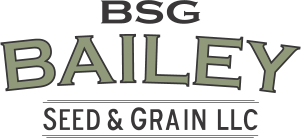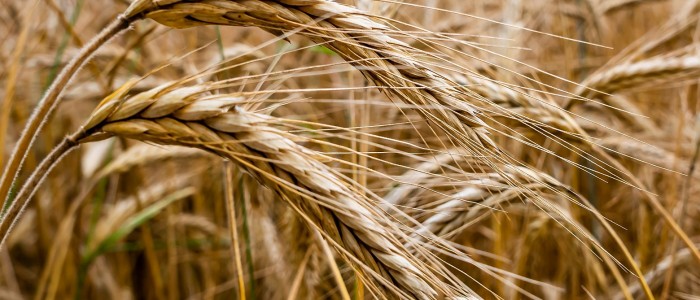-
 Turf Grass Seed Bluegrass, Bentgrass, Ryegrass, Fescues...
Turf Grass Seed Bluegrass, Bentgrass, Ryegrass, Fescues...
-
 Forage Seed Bromes, Clovers, Fescue, Wheatgrass, Legumes
Forage Seed Bromes, Clovers, Fescue, Wheatgrass, Legumes
-
 Grains Wheat Grain, Rye Grain
Grains Wheat Grain, Rye Grain
-
 Cover Crop Seed Buckwheat, Clover, Peas, Ryegrain
Cover Crop Seed Buckwheat, Clover, Peas, Ryegrain
-
 Wildflower Seed Mixtures, Singles, Annual, Perennial
Wildflower Seed Mixtures, Singles, Annual, Perennial
-
 Sprouting Seeds Fully certified Non-GMO Organic seeds for sprouts or microgreens
Sprouting Seeds Fully certified Non-GMO Organic seeds for sprouts or microgreens
Rye Non-GMO Sprouting Seeds
Rye is a versatile grain that sprouts in only two days. It features a distinct mild earthy flavor that is delicious whether used raw, sprouted or milled. Easy to grow and packed with nutrition, cereal rye is used for rye bread, sourdough starter, distilled beverages, cereals, livestock food, and soil health management systems.
Seeding Rate:
Indoor: 16 oz./ 10”x 20” tray
Outdoor: 70-100 lbs./acre
How to Grow: Soak seeds overnight. Drain and rinse. Sow in well drained loamy soil (hydroponic or coco-coir mediums can also be used). Spread seed evenly across moist medium. Mist the seeds twice daily and cover until germinated (1-2 days). Water trays from bottom up and place under grow lights for 17 hours daily. Harvest in 6-10 days at about 4” tall. Cut with sharp knife or scissors just before eating. (Storing after cutting isn’t recommended).
Cover Crops: Rye is a beneficial cover crop that will increase soil fertility, quality and productivity. It aids in weed suppression and helps control pests and corrosion. Cereal rye thrives in low-fertility soils and is one of the best cover crops for poor soil with cold fall and winter temperatures. It grows best on well drained soils, but will perform well even on heavy clay soils.
Nutritional Value: Sprouting seeds are richer in protein, folate, magnesium, phosphorus, manganese and vitamins C and K than un-sprouted plants. The vitamin and mineral content varies based on the variety of the sprouting seeds. Sprouts offer a powerful source of vitamins, minerals, antioxidants, and enzymes that fight free radicals because sprouting can increase their potency by 20 times or more.

